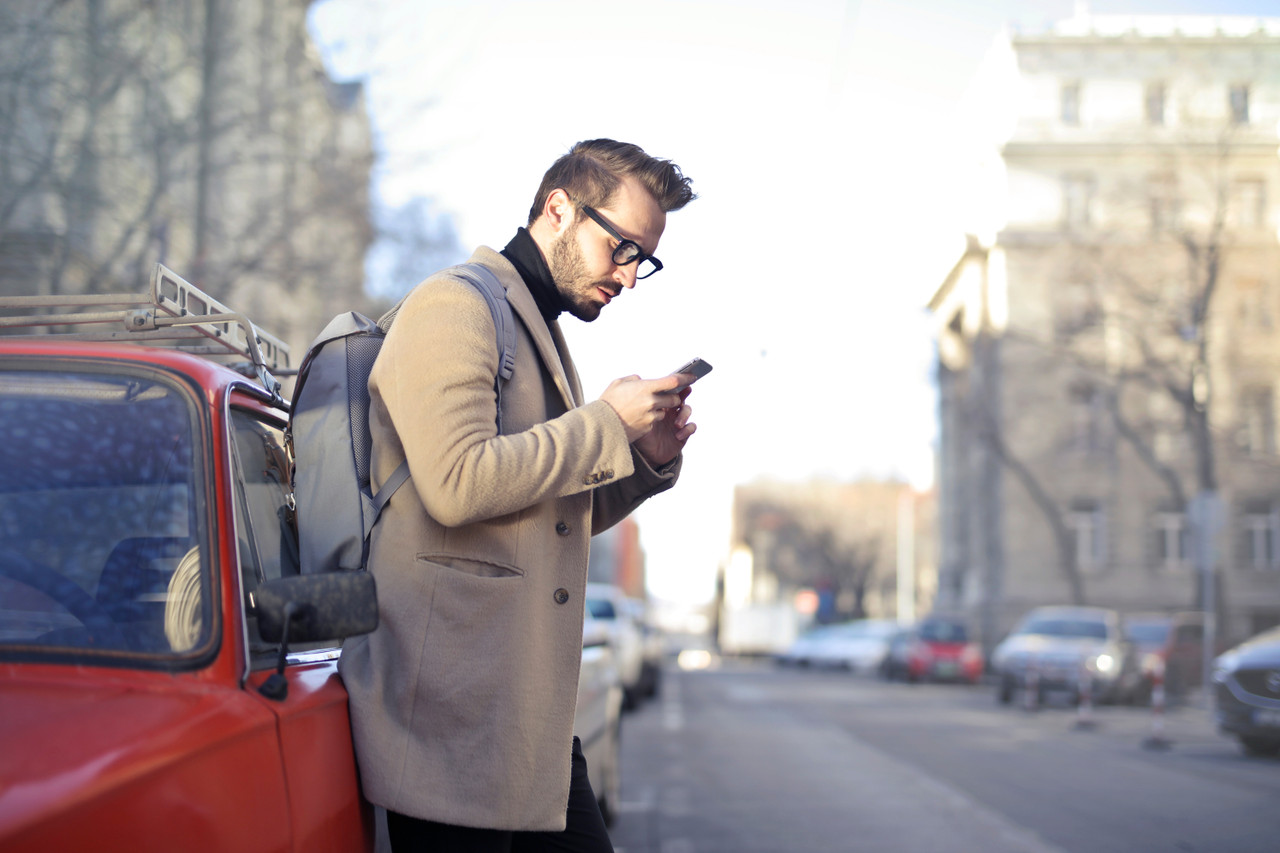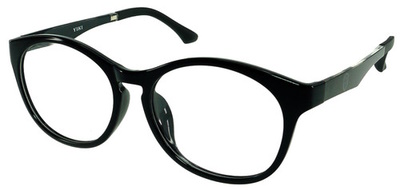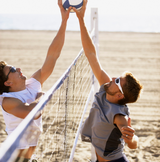Can You Wear Blue Light Blocking Glasses Outside?
If you have blue light blocking glasses, you may be wondering if you can wear them outside since blue light comes from the sun. While you can technically wear blue light blocking glasses outside, some people do notice that the glasses can have more glare when worn outdoors under bright sunlight. This can be due to the strong sun glare that is reflected off of the coating on the blue light glasses.
Should You Wear Blue Light Blocking Glasses Outside?
While its best to find other eye protection from the sun to protect your eyes outside, blue light blocking glasses do have their purpose.
Do You Need Blue Light Blocking Glasses?
There can be a number of benefits to wearing blue light blocking glasses, even if you aren't wearing them in the sun.
Long Hours in Front of a Screen
Whether it's scrolling through your social media feed or replying to emails, all those hours in front of the screen can add up. If you spend hours every day in front of screens then blue light blocking glasses can prevent eye strain and help protect the eyes. Blue light damage can be cumulative so all the time you spend in front of the screen now without protection can hurt you later on.
Eye Strain Symptoms
If you get blurred vision or headaches after spending time looking at a screen then you are experiencing eye strain. When you are exposed to high levels of blue light then your eyes are working extra hard. Use blue light glasses and don't forget to give your eyes a break.
Trouble Sleeping
The reasons many experts say to turn off digital devices hours before going to bed is because they can interfere with the body's natural sleep cycle. Using blue light glasses at night can allow you to indulge in nighttime activities, such as watching TV without messing with your sleep cycle.
Work at Night
For those night owls that are logging on to the screen at night, blue light glasses can help protect your sleep cycle as well as regulate melatonin production.
Long-Term Eye Health Concerns
Eyes aren't designed for constant exposure to blue light and as screen time increases it becomes an issue. Since blue light penetrates the eyes natural filters it can lead to permanent and serious eye damage. Long-term exposure to blue light can be linked to age-related macular degeneration, cone cell death, and blindness.
Blue Light Blocking Glasses Inside, Sunglasses Outside
The best way to protect your eyes from the sun and outside is by wearing sunglasses. You want to find sunglasses that transmit less than 1% of UVA and UVB rays. Lenses should be dark and large enough that they completely cover the eye and don’t let sunlight seep through the sides of the glasses. Start wearing sunglasses early on in life and if you have kids, have them be in the habit of wearing sunglasses. Researchers believe that you get an estimated 80% of the lifetime exposure to UV rays before the age of 18. Children’s eyes will transmit more UVA rays to the retina than adults so it increases the exposure and risk of future eye damage.
Damaging Sun Rays
It’s also important to understand the three types of rays. There are UVB and UVA rays, along with UVC rays. UVA rays can hurt your central vision and damage the part of the retina that is at the back of your eye. The front part of your eye, the lens and the cornea, absorb the most UVB rays. UVB rays can be the most damaging and can cause issues such as macular degeneration, cataracts, cancer, and corneal sunburn.
Prescription Contact Wearers
If you wear contact lenses, you may be already protecting your eyes. Some lenses do have UV ray protection but levels can vary. Class One UV blockers will have the best protection so it doesn't hurt to wear sunglasses as well with your lenses. Hats can also protect your eyes from the sun. It helps to know when the UV rays are the strongest. The highest UV exposure for eyes is in the morning and mid afternoon instead of at noon. Sun exposure to the eye can be more continual in the fall, winter, and spring since the sun is lower in the sky.
Best Blue Light Blocking Glasses & Sunglasses
If you're concerned about your eyesight and you want to either prevent damage or maintain already poor vision, consider wearing a pair of blue light blocking glasses and sunglasses from Goggles N More. We're the experts when it comes to protecting your vision and helping you see better!
Prescription Swim Goggles – Sports Goggles – Ski Goggles
Leader in Prescription Goggles and Glasses
Kids RX Swim Goggles – Adult RX Swim Goggles – Prescription Sports Goggles - RX Ski Goggles

 Canadian Dollar (CAD)
Canadian Dollar (CAD)
 Euro (EUR)
Euro (EUR)
 British Pound (GBP)
British Pound (GBP)









